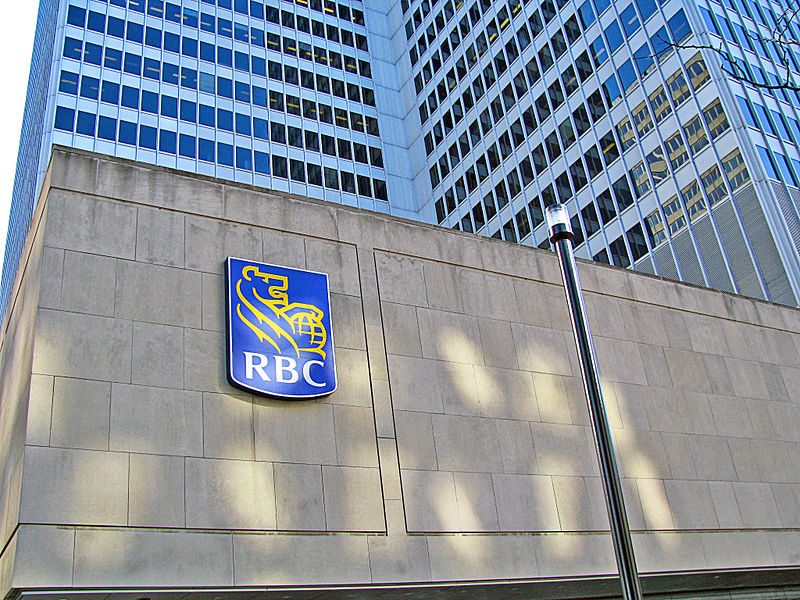
TORONTO – Phone passwords and security questions could soon become obsolete as financial institutions race to implement technology that can verify a client’s identity based on the characteristics of their voice.
After a successful pilot project last summer, Royal Bank (RBC) is rolling out “voice biometrics” technology that can identify clients who phone the bank’s call centres in a matter of seconds.
Customers will have to opt in to the service, which is being phased in over a three-month period and has been created by tech firm Nuance Communications.
RBC says it is the first Canadian company to implement technology that can create and identify a client’s “voiceprint,” which consists of more than 100 different characteristics such as the client’s pitch and accent, in the course of a regular conversation.
Manulife implemented similar technology for its banking clients and its retail advisers back in September, although users have to say a predetermined phrase – “At Manulife, my voice is my password” – in order for their voices to be verified.
In addition to speeding up the customer service process – agents can immediately begin addressing a client’s needs rather than peppering them with a series of security questions – proponents of the technology say it will also boost security.
“It’s easy to pick up a piece of mail and look at someone’s confidential information, but you can’t steal a voice,” said Joanna Lohrenz, vice president of contact centres and customer experience at Manulife.
Financial institutions have been striving to innovate lately in response to changing customer expectations and pressure from more agile, tech-savvy startups that threaten to snatch some of their market share.
Earlier this year CIBC (CM) opened up an innovation lab in the financial tech cluster at Toronto’s Mars Discovery District, a space dedicated to housing early-stage startups and other tech innovators including Airbnb, Etsy and Facebook.
The banks have been criticized for being slow to implement new technologies. CIBC hopes to improve its agility by allowing select employees to work outside of the constraints of the traditional banking environment, says David Williamson, the head of CIBC’s retail and business banking division.
At CIBC’s Mars lab, co-op students and other staff undertake sprints – “fuelled by pizza and Xbox” – that produce completed concepts in just a few weeks, Williamson said. For example, the concept for CIBC’s Apple Watch app was developed in around six weeks, Williamson said.
The bank has been using the space to experiment with a variety of new technologies, including voice authentication similar to Apple’s Siri, that would allow customers to use their voices not only to access their accounts but also to perform a variety of tasks such as pay bills, transfer money and even seek advice about budgeting.
However, Williamson said it’s important to determine whether customers are ready for the technology before the bank moves forward. CIBC is currently conducting research to determine how much appetite clients have for voice-authenticated banking.
“This is all about the client,” said Williamson. “We need to put out things that make banking better for them… if they think it’s creepy, they won’t adopt.”